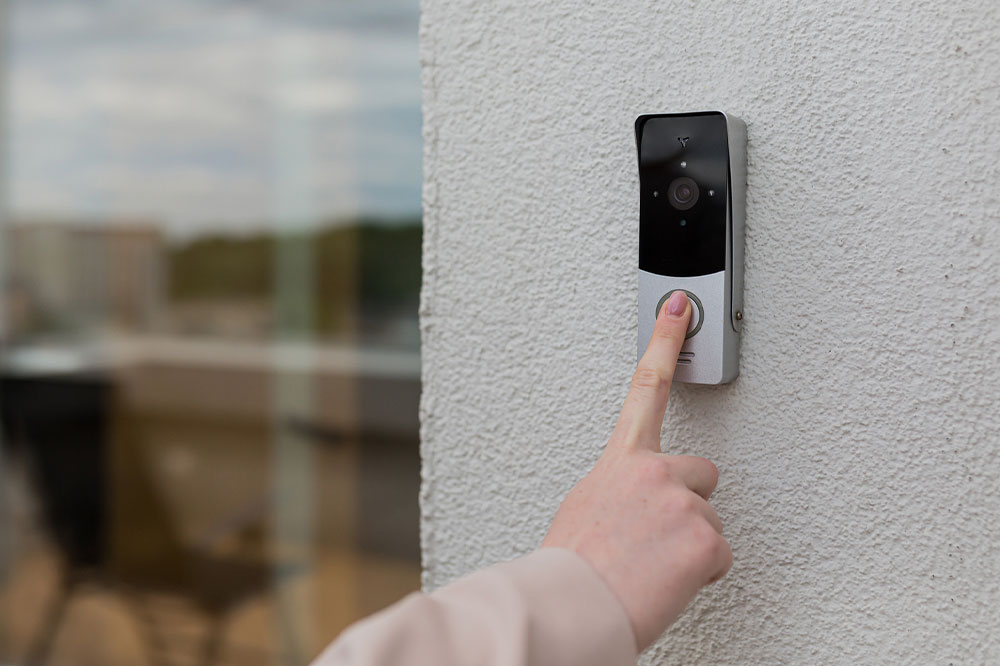8 ways to deal with a flooded basement

The cause of a flooded basement may be varied, from seepage problems to foundation issues, but cleaning it up afterward is a borderline nightmare. In the worst cases, one may lose cherished items like books, frames, or even furniture and flooring. Cleaning up a flooded basement requires safety, patience, hard work, and sometimes professional help. Here are some immediate steps one can take to deal with the dread. Knowing these steps beforehand can help save one’s property and reduce stress.
Ensure safety
The first thing to do in case of a flooded basement is to ensure one’s safety. The water collected in the basement often disturbs electric wiring, which can be fatal if tampered with bare hands. Turn off any electrical supplies, appliances, as well as gas supply.
Find the source of leak
Try to find the source of the leak and close it off to avoid further damage. Some common types of leaked sources include running tap water, overflowing bathtubs, blocked toilets, and broken water heaters. In case of natural causes like heavy rain, one might have to wait until it has passed to get down to the cleanup.
Dry out the place
Leaving a flooded basement even for a day can lead to the formation of mold on dampened fabric, which can cause irreparable damage to the furniture and give out a musty smell. So drying out the place as soon as possible is a must. Here are some ways to do this:
- Open windows and doors to boost ventilation. Using fans, heaters, and dehumidifiers can also help in the process.
- Invest in products like moisture meters, highly absorbent towels, and SOPs to be prepared for such times.
- Use a gas-powered water pump, pool pump, or wet vacuum.
- It is then necessary to dehumidify the enclosed area to avoid mold growth.
- It’s important to remove any soaked items like carpets and furniture and place them in the backyard to dry them out. Some of these items may be damaged beyond repair, so it’s best to get rid of them.
Call services
Those who are not used to the task or don’t know where to begin can simply contact professionals. For example, water damage cleanup companies help with cleaning and even quantify the damage from 1 to 4, where 1 stands for any minor clean water leakage due to an appliance leak, and 4 includes major basement flooding that affects walls, floors, and most items. These helpers will arrive promptly at one’s location and restore the place back to its former glory. They provide a wide range of services related to basement flooding, from removing water to remedying mold and even taking care of minor construction.
Apart from the company, one can partially deal with the flood and call up services to fix specific issues. These include:
- Plumber
A plumber can help find the source of leakage and even help fix the leaky foundation, pipe, or heater permanently to prevent further leaking. - Electrician
An electrician can thoroughly assess and repair electrical wiring and outlets that are damaged due to flooding. This is an important step which might not always seem necessary but is needed to enhance home and basement safety.
Disinfect the basement
One can use a cleaning solution for disinfecting the area, including walls and floors. One can also hire professionals for this task. Broadly, flooded basement damage is classified as clean, gray, and black. Damage done by clean water is easy to clean up, and hence also the most reasonable amongst the three, since the only concern here is to dry out the place. In gray water cleanup, there may be minor contamination, like washing machine water, and may require disinfection treatments. Black water cleanup involves sewage or flooding due to river overflow or storm, which mandates item disposal and disinfection.
Call the insurance company
Homeowners with flood insurance can also get insurance claims against the damages, especially for damaged items beyond repair. One should notify the insurance company about the type of flood. The cost of clean water damage repair starts at $1,000, while gray water is around $4,000 to $8,000, and black cleanup can shoot up to $15,000. Here, insurance companies can help one to cover these costs.
Find the root cause of the problem
Basements can flood for various reasons. Some common causes include heavy rainfall, foundation cracks, broken windows, sewer or sump pump issues, burst pipes, appliance leaks, and drainage system failures. One should focus on regular home maintenance to prevent future flooding problems. This maintenance can include clearing debris from rain gutters, ensuring proper sealing of the foundation, repairing old pipes, installing new pipes, and more. For homes on slopes and places with heavy rainfall, one can create drainage pits to redirect the excess water.
Reparations afterward
One can call a home waterproofing service if this is a recurring problem in one’s home. One needs to fix broken pipes or foundation issues that are causing leaks. Ensure proper waterproofing of basement walls and seal the foundation. If flooring or walls are damaged, replace them for a complete solution. One can enlist the services of professionals to deal with the aftermath of a flooded basement and prevent the problem in the future: waterproofing specialists, who can ensure that one’s property is protected against future water intrusions.







